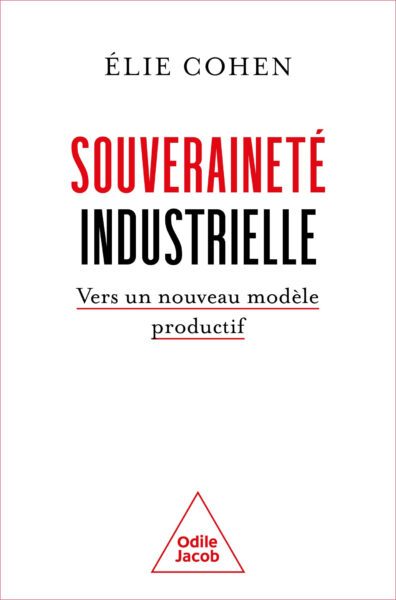The Future of Hong Kong Post-1997 is already here
On June 30th 1997 at midnight, Hong Kong – a British colony since 1942 – will rejoin China where it will become a “special administrative region”. What will become of Hong Kong then, a real democratic capitalist enclave in the Chinese world?
The Sino-British agreement provides that Hong Kong economic social and political systems would be respected for fifty years. China could derive a double advantage: not kill the goose that lays the golden eggs and above all foreshadow in a positive way a reunification which would extend to Macau and Taiwan beyond Hong Kong.
Nonetheless China did not wait for the fateful date on the first of July to put into question the democratic regime in Hong Kong. It has already established a provisional legislative council intented to substitute for the present Parliament and named a Chief Executive of the Region completely convinced of Beijing approach. The democratic institutions wouldnot have lasted a long time.
As for economic issues, the integration of Hong Kong and China particularly its coastal provinces has already occurred. China derives great benefit from it even if one could question the longevity of Hong Kong prosperity after the abolition of the law-based state.And thus that will be the end of the Hong Kong exception except, as Sophie Marquié asks us to consider, the longer term outlook of an island which consists of a world metropolis rather than a Chinese village and has gained a political culture which will not be forgotten.
In addition the Beijing regime already being destabilized and with very unequal developmentamong its provinces, the risk of the disintegration of the Chinese empire and of democratic contamination of a continent should not be excluded in the long term.
L'avenir de Hong Kong. L'après-1997 est déjà là
Cet article fait partie de la revue Futuribles n° 221, juin 1997



